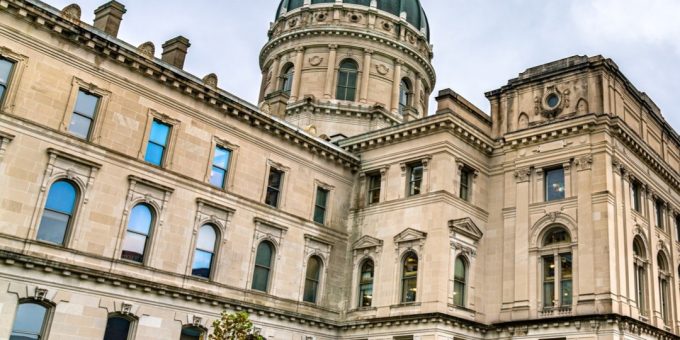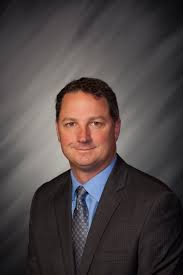
INDIANA — A new push by Republican Indiana lawmakers to have local school board candidates run with political party affiliations has stalled for this year’s legislative session, as they did not advance the proposal before a Monday deadline.
A legislative committee had endorsed a bill establishing a system for voter referendums in the state’s nearly 300 school districts on whether to change from the current nonpartisan school board elections in favor of requiring candidates to declare a political party or independent status.
That bill, however, was not called for a vote in the full House before the deadline for it to win approval and advance to the Senate.
The proposal didn’t gain enough support among GOP House members, as it faced questions over whether to have school board candidates go through party primaries or only be listed by a political party on the November general election ballot, said Republican House Speaker Todd Huston.

“It’s hard to find that sweet spot,” Huston said. “We didn’t quite get it this year.”
Democrats and several education groups opposed the proposed change, arguing it would further inject politics into local schools and that allowing a district-by-district decision would lead to a messy patchwork across the state and confuse voters.
Supporters, meanwhile, maintained that having candidates identified by a political party would give voters more information to consider and increase transparency in what is already often politicized election races.
Other bills in recent years calling for partisan school board elections in Indiana haven’t advanced in the Republican-dominated Legislature. Those elections, however, have gained more attention across the country and in several Indiana districts as parents raised complaints over issues such as COVID-19 policies, classroom discussions of race and sexuality, and the removal of offending books.
At least nine states now have some form of partisan local school board elections, advocates said.

House Democratic Leader Phil GiaQuinta, of Fort Wayne, said he worried that partisan school board elections could lead to political affiliations playing a role in the hiring of teachers and principals.
“I do think people finally realize that maybe after these tough school board debates and meetings that we’ve seen there’s enough politics in there already,” GiaQuinta said. “We don’t need folks putting a ‘D’ or ‘R’ or whatever behind their name.”
The Indiana Senate’s elections committee heard testimony on a similar bill in January but did not vote on it ahead of a deadline last week for that proposal to advance.
While it is possible for lawmakers to insert school board election changes into another bill before this year’s legislative session ends in late April, Huston said “that’s pretty unlikely.”

The bill’s sponsor, Republican Rep. J.D. Prescott, of Union City, said he would work to build more future support for the change. He argued partisan school board races would provide “much-needed transparency” and let voters “know more about candidates’ values and opinions.”



